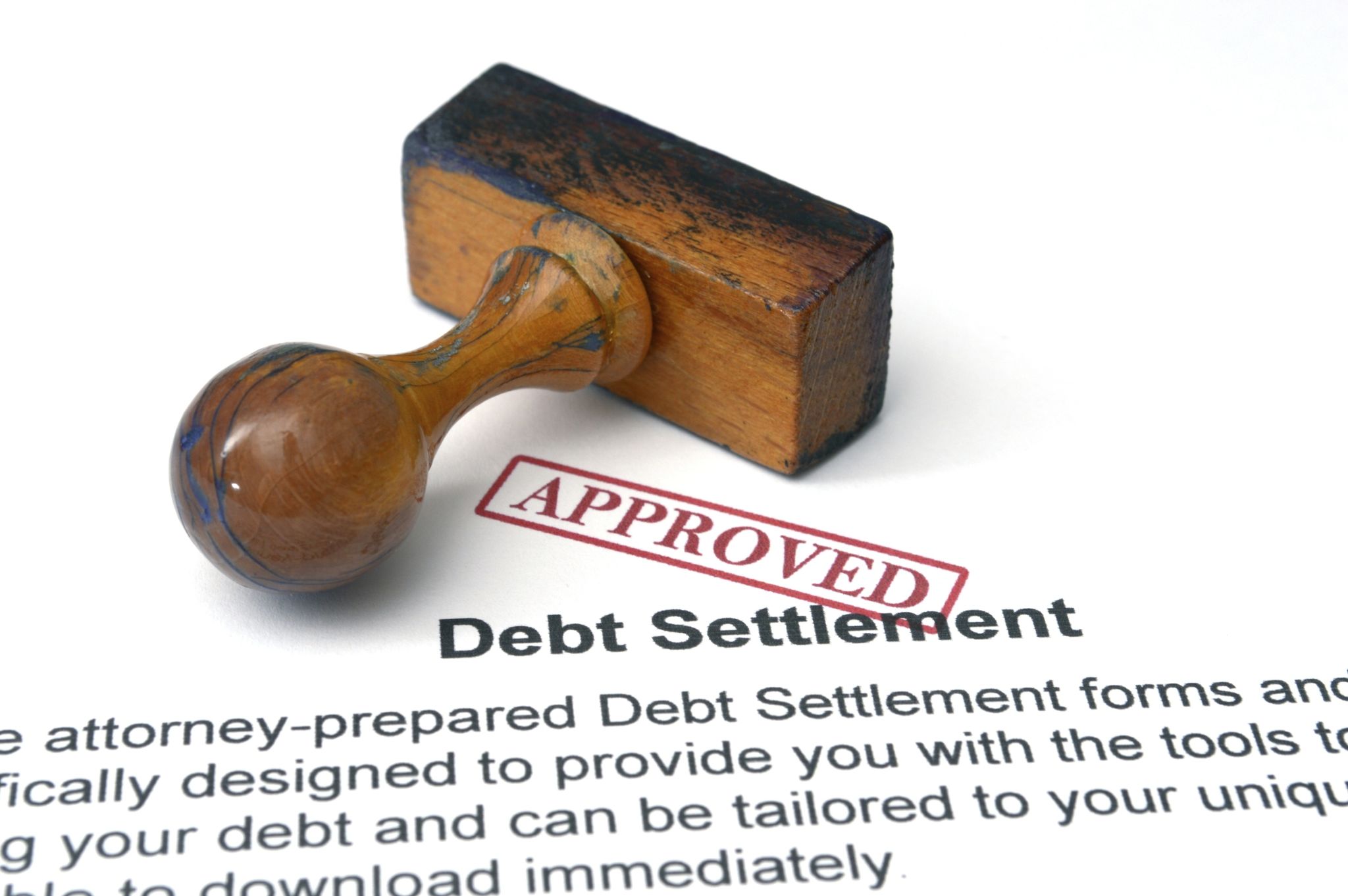The Truth About Debt Settlement Programs and How They Can Help You
In a world where consumer debt is at an all-time high, many Americans are searching for a way out of overwhelming credit card balances, personal loans, and other unsecured debts. One popular option is a debt settlement program—a legitimate and often misunderstood solution that could reduce what you owe by thousands of dollars.
But is debt settlement right for you? How does it work? And what risks do you need to watch out for?
In this comprehensive guide, we’ll walk you through the ins and outs of debt settlement, how it compares to other options, and how you can use it to get out of debt legally, affordably, and as fast as possible.
What Is a Debt Settlement Program?

Definition and How It Differs from Other Debt Relief Options
A debt settlement program is a financial strategy where you work with a professional negotiator—either a firm or attorney—to settle your unsecured debts for less than what you owe. The process typically involves stopping payments to your creditors and instead making monthly contributions into a special account. Once enough funds are accumulated, the negotiator approaches your creditors with a settlement offer.
Unlike debt consolidation, which merges your debts into one loan with a lower interest rate, or debt management plans that require full repayment over time, debt settlement aims to reduce your actual principal balance.
Common Myths and Misconceptions
Let’s dispel some of the biggest myths:
- “Debt settlement is a scam.”
- False. While bad actors do exist, many reputable companies and nonprofit organizations offer legitimate settlement services. Always research and check reviews.
- “You must be totally broke to qualify.”
- Not true. Many people use settlement to avoid bankruptcy or protect their assets.
- “It ruins your credit forever.”
- While it impacts your credit, it doesn't destroy it permanently. Many clients rebuild their credit within 1–2 years post-settlement.
How Debt Settlement Can Reduce What You Owe

Negotiating with Creditors to Settle for Less
Creditors understand that something is better than nothing. If they believe you're likely to default, they may agree to accept a reduced lump-sum payment—often between 40–60% of your original balance.
Professional negotiators use leverage—like financial hardship documents or creditor-specific strategies—to get better results than you might on your own.
Real-Life Examples and Savings Potential
Here’s a look at common debt reduction scenarios:
- Sarah owed $15,000 in credit card debt. After entering a 30-month debt settlement plan, she settled all her accounts for a total of $7,800—saving over $7,000.
- John had $9,000 in medical and personal loan debts. He was able to settle them for $4,500, interest-free, within 24 months.
- Why Credit Card Debt is Often Settled. Credit card companies issue unsecured loans, meaning they can't repossess assets like your car or home. As a result, they’re often open to canceling a portion of your debt in exchange for immediate payment.
Is Debt Settlement Right for You?

Ideal Situations for Debt Settlement
You may be a good candidate if you:
- Are behind on payments or about to default
- Can’t afford minimums but want to avoid bankruptcy
- Have unsecured debts (credit cards, personal loans, medical bills)
- Want a legal, negotiated path to reduce balances
When to Consider Other Options
Debt settlement isn’t for everyone. You may want to avoid it if:
- You can afford a debt management plan
- You have mostly secured debts like car loans or mortgages
- You’re close to paying off your balances
Credit Score Impact—Temporary or Lasting?
Debt settlement will likely hurt your score in the short term, as accounts go delinquent and are marked “settled” instead of “paid in full.” However, it’s often a temporary sacrifice—especially when compared to the 7–10 year hit from bankruptcy.
Most clients report score increases within 12–24 months after settling.
Finding a Trusted Debt Support Partner

What to Look For in a Debt Settlement Company
- No upfront fees (This is illegal under FTC rules!)
- Clear explanation of risks and benefits
- Offers a free consultation
- Positive reviews and BBB accreditation
- Transparent fee structure (usually a percentage of savings)
Red Flags to Avoid
- “Too good to be true” promises
- Pressure tactics or aggressive salespeople
- Hidden fees
- No written contract
What to Expect from a Free Debt Consultation
In your consultation, the advisor should:
- Review your income, expenses, and debts
- Help you understand all your options
- Estimate how much you could save
- Explain the timeline and legal implications
Comparing Debt Settlement to Other Debt Relief Options
| Option | Monthly Payment | Total Cost | Credit Score Impact | Goal |
| Debt Settlement | Low | Reduced | Moderate to High | Reduce what you owe |
| Debt Management Plan | Medium | Full Repayment | Moderate | Lower Interest |
| Debt Consolidation Loan | Medium | Full Repayment + Interest | Low | Simplicity |
| Bankruptcy (Chapter 7) | Low | Severe | Very High | Eliminate all debt |
The Road to Financial Freedom
Debt settlement is not a miracle fix. But for the right person, at the right time, it can be a lifesaver—allowing you to become debt-free faster, for less, and with a plan.
You’ll need patience, discipline, and the right partner. But thousands of Americans use it every year to rebuild their lives—and you can too.
